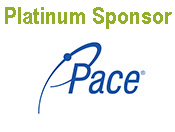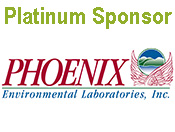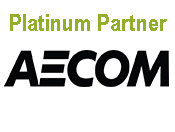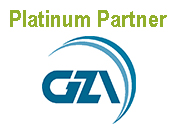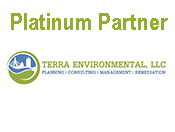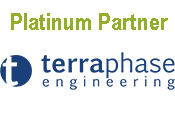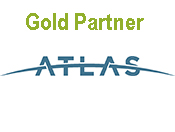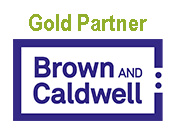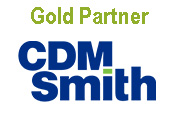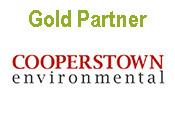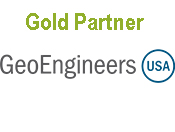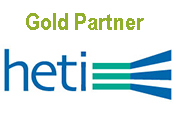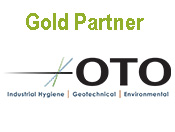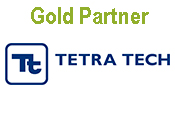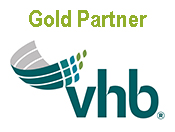Ten Takeaways from MassDEP’s March 19, 2021 Waste Site Cleanup Advisory Committee (WSCAC) Meeting
Members of the LSPA Regulations Committee sat in on this meeting (see the recording here) and present the following takeaways, in no particular order.
- 2019 MCP Revisions. The MCP amendments continue to be edited and revised in response to comments. Once finalized, which is expected to be “later this spring,” they will go into effect (with a grace period), and MassDEP will provide training and updated risk guidance.
- PFAS Testing of Public Water Supplies. MassDEP is providing funding to public water supplies for their first round of required PFAS testing. Testing is underway, and data are updated weekly on the MassDEP PFAS page at https://eeaonline.eea.state.ma.us/portal#!/search/drinking-water.
- Private Well Sampling and IH Level of 90 ppt. MassDEP is communicating with local Boards of Health and private well owners in ~80 towns that rely primarily on private water sources. MassDEP is aiming to collect data from both private wells near potential (known) PFAS sources and wells randomly located, as an approach to gaining a better understanding of background levels of PFAS in groundwater. If PFAS is detected in a residential well, a homeowner will not be required to notify MassDEP; in the absence of an identified on-site source, MassDEP will assume that homeowners have Downgradient Property Status, and MassDEP will hold in abeyance the issuance a Notice of Responsibility (NOR). MassDEP will work with homeowners to reduce risk; a drinking water Imminent Hazard PFAS6 concentration of 90 ppt has been established by MassDEP.
- Multi-Lab Audit Findings. Ken Marra and Liz Callahan summarized the results of the audit, which was initiated in 2016 and evaluated data packages for VPH/EPH/APH/TO-15. The Multi-Lab Data Audit Report (March 2021) has been posted here. Generally, laboratories did well with the TO-15 and APH analyses. There were potential low bias issues with VPH & EPH analyses in approximately one-half of the data packages, resulting in MassDEP issuing revisions to the VPH methods (February 2018) and EPH methods (December 2019) to clarify the issues. MassDEP does not anticipate doing a systematic review of past submittals relative to the low bias issues identified, but is considering measures for more routine checking of laboratory quality.
If you are interested in participating in subgroup meetings regarding laboratory data quality, please send an email to [email protected].
- MassDEP Focus on Environmental Justice. Deneen Simpson, MassDEP’s Director of Environmental Justice, summarized MassDEP’s work since June 2020 to evaluate the agency’s internal and external culture, practices, and policies related to environmental justice and equity. This work involves regional offices as well as a focus by the Commissioner. MassDEP is working to diversify advisory and stakeholder groups, and has developed and is implementing Environmental Justice Public Involvement Plan Guidance (currently an internal document only) on approaches to engage diverse communities. MassDEP’s EJ Team meets quarterly. Rishi Reddi is the Director of Environmental Justice at the Executive Office of Energy and Environmental Affairs (EEOA), and the EJ Team also includes Liz Callahan and Peggy Shaw of BWSC.
- Refreshing the Waste Site Cleanup Advisory Committee (WSCAC). MassDEP is evaluating the composition of its stakeholder groups. The WSCAC is not created by statute and therefore MassDEP has flexibility regarding its composition, meeting format, etc. MassDEP would like to expand representation to ensure the full range of program stakeholders and would like to seek additional representation from EJ communities, PIP group members, student representatives, environmental advocacy groups, and/or subject matter experts. The Department is considering establishing term limits, establishing a set meeting schedule (likely quarterly), and varying meeting times and locations. The WSCAC members discussed their thoughts on the various proposals. If you have ideas of how MassDEP might conduct outreach to expand the representation of the advisory committee, please email [email protected].
- Office Hours and WSCAC Meetings. MassDEP expects to continue holding virtual meetings, but anticipates switching from the Zoom platform to another platform for its Thursday morning “office hours” and WSCAC meetings. The frequency of weekly office hours will probably be reduced, and WSCAC meetings will likely be held quarterly.
- Brownfields Tax Credits. The Massachusetts Department of Revenue is considering comments on its proposed new brownfields tax credit regulations. An interagency workgroup has recently conducted listening sessions about the brownfields tax credit program. They expect to have workgroup findings within a couple of months.
- Searching for COCs on Waste Site/Spills Look Up. Paul Locke confirmed that it is not possible for the public or MassDEP to search the site lookup database by COCs.

